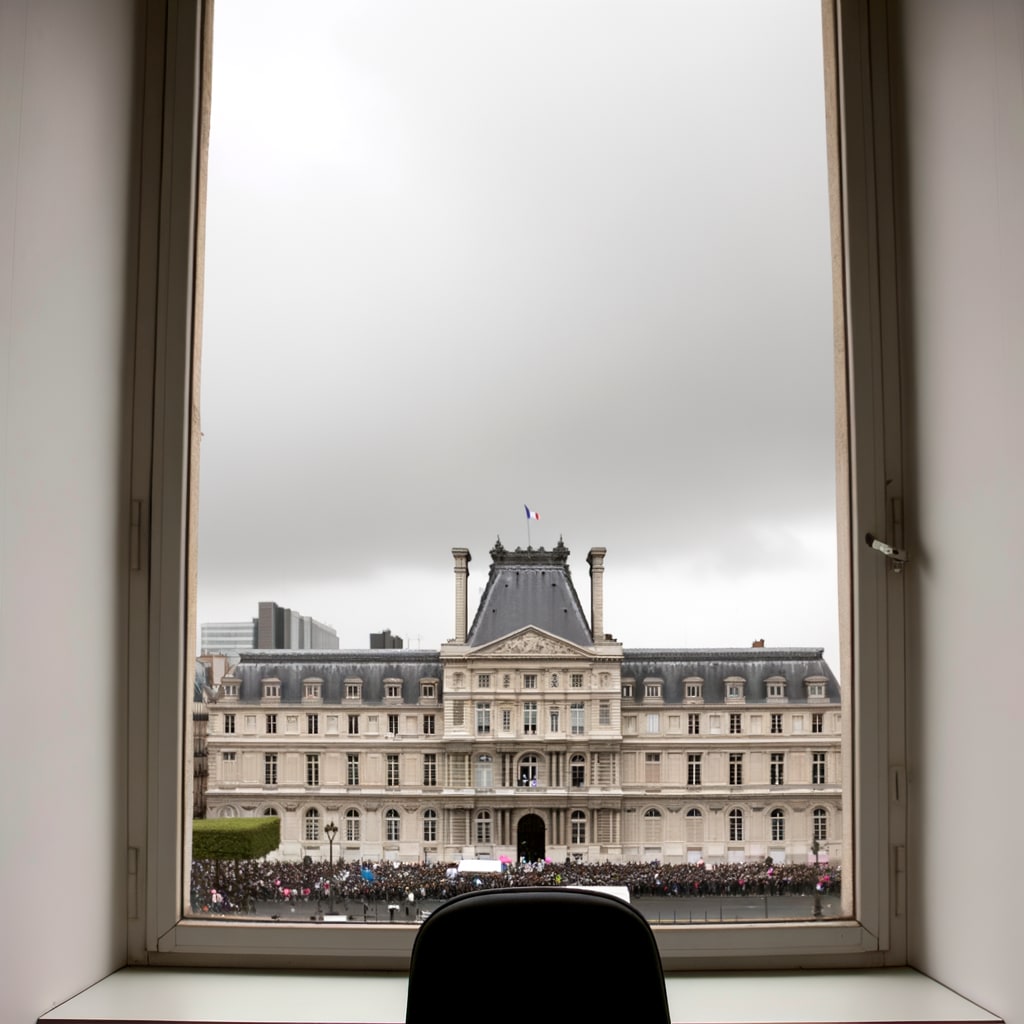French Government in Crisis as Prime Minister Bayrou Loses Confidence Vote
France faces a political crisis as Prime Minister François Bayrou loses a dramatic confidence vote, leading to his resignation and the collapse of his government. This marks the country's third change in prime ministers in a year, increasing pressure on President Emmanuel Macron who is expected to appoint a new prime minister soon.
Background and Context
This political turmoil began with the government's proposed austerity measures, which were intended to reduce France's €3.3 trillion debt but were met with significant opposition. François Bayrou, who held the office for only nine months, made a last-ditch effort to save his job with an impassioned speech urging lawmakers to back his plan. However, his pleas fell short as he was ousted with 364 votes against him, compared to only 194 in favor12.
Key Developments
Following the loss of the confidence vote, Bayrou officially handed in his resignation to President Macron3. His resignation has only amplified the political instability in France, with the nation now bracing for nationwide protests4. The country's National Assembly is reportedly divided, making it difficult for any leader to pass essential legislation such as the budget5.
Speculation over Bayrou's replacement has already begun, with some sources suggesting that those close to President Macron, including Defense Minister Sebastien Lecornu, Health Minister Catherine Vautrin, and Justice Minister Gerald Darmanin could be potential candidates6.
Reactions and Implications
The confidence vote's aftermath has further deepened the crisis, with the country witnessing widespread protests. These demonstrations, dubbed Block Everything
, have already led to hundreds of arrests, underscoring the depth of France's political crisis7.
The political crisis has also raised concerns about its potential impact on the far-right. With the nation's instability and seemingly revolving door of prime ministers, there are fears of a new grassroots uprising8.
Current Status
Despite the political turmoil, President Macron has rejected calls for elections or his resignation9. Instead, he has swiftly appointed Sébastien Lecornu as the new prime minister in an attempt to fill the vacuum left by Bayrou10.
However, the task ahead for Lecornu is daunting as he takes office amidst sprawling anti-government protests and a deeply divided parliament11. As his predecessor's fiscal plans led to government collapse, Lecornu's first major challenge will be to tackle the budget issue and navigate through the turbulent political landscape of France12.

